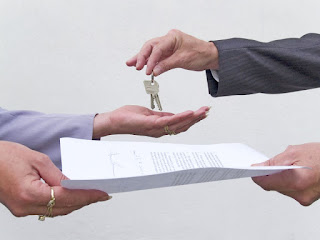If you don’t have a specific product or service you want to sell but you’re skilled at managing and improving the operations of a company, buying a small business may be for you. Finding and buying a good small business takes time and patience, so devote at least several months to the search.
You may also need to enlist financial and legal advisors to help inspect the company, look over its financial statements, and hammer out a contract.
Good businesses don’t come cheap. If the business is a success, the current owner has already removed the start-up risk from the business, so the price of the business should be at a premium to reflect this lack of risk. When you have the capital to buy an established business and you have the skills to run it, consider going this route.
Although you don’t have to go through the riskier start-up period if you buy a small business, you’ll likely need more capital to buy an established enterprise. You’ll also need to be able to deal with stickier personnel and management issues. The organization’s history and the way it works will predate your ownership of the business. If you don’t like making hard decisions, firing people who don’t fit with your plans, and getting people to change the way they do things, buying an existing business likely isn’t for you.
Warning :
Some people perceive buying an existing business as being safer than starting a new one. Buying someone else’s business can actually be riskier. You’re likely to shell out far more money upfront, in the form of a down payment. If you don’t have the ability to run the business and it does poorly, you have more to lose financially. In addition, the business may be for sale for a reason — it may not be very profitable, it may be in decline, or it may generally be a pain in the neck to operate.

Blogger Comment
Facebook Comment